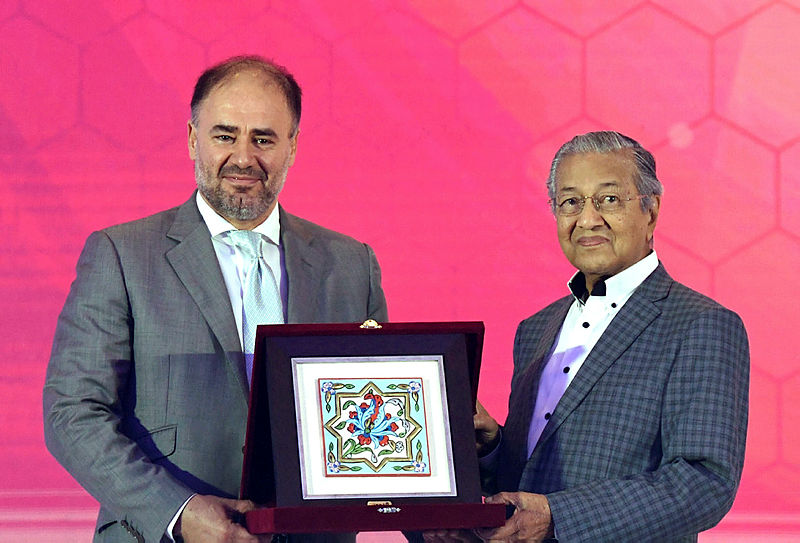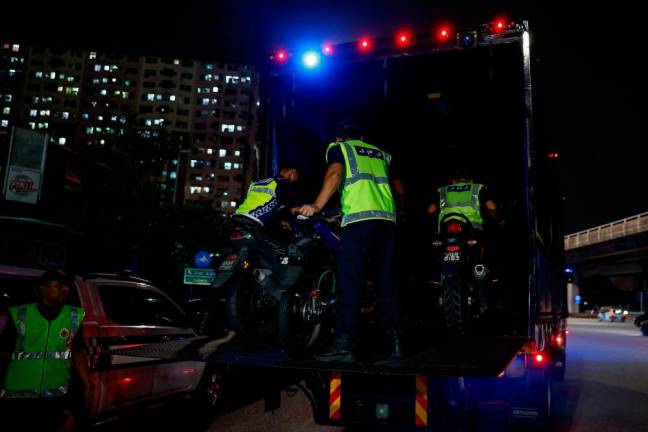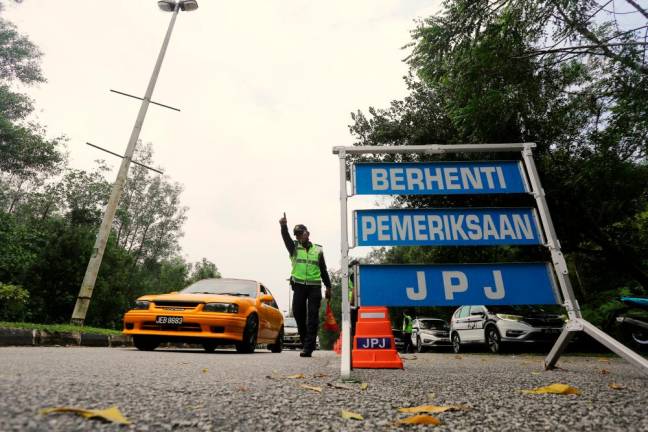KUALA LUMPUR: Tun Dr Mahathir Mohamad said that the probe over a forum on the Rome Statute, was just a normal police procedure.
The prime minister said it did not mean that the police were going to prosecute those they quizzed over it.
“It is to protect us, when people try to stir problems they must find out, not that the investigation means they will prosecute people but they must find out whether there is any attempt to stir trouble, it does not mean it’ll be followed by charges,“ he told reporters when asked on the issue, here today.
He was met after opening the Al-Sharq Youth Annual Conference 2019.
On Monday, Inspector-General of Police (IGP) Tan Sri Mohamad Fuzi Harun said the police would quiz several individuals involved with the forum, which also featured Attorney-General Tommy Thomas, that was held at Universiti Malaya on Saturday, to record their statements.
Fuzi was reported as saying that the investigation fell under the Sedition Act, prompted by several complaints about the forum lodged with the police.
Asked whether the probe was in a way an obstruction to freedom of speech, Mahathir said Malaysia did guarantee freedom of speech but it was not unlimited.
“If you do something that is going to cause problems to people, you insult people, then, of course, it is not included in free speech,“ he added.
The Rome Statute became a controversial issue in Malaysia after the government withdrew from it within the stipulated period allowed after ratification.
The prime minister had said that Malaysia had to take the step because there was fear among the Conference of Rulers and certain segments of society that the country would lose its sovereignty if it was a signatory to the statute.
The forum was held to clarify that this was not the case.
The Rome Statute of the International Criminal Court is the treaty that established the International Criminal Court. It was adopted at a diplomatic conference in Rome on July 17, 1998, and it entered into force on July 1, 2002. As of March 2019, 124 states are party to the statute.
The Rome Statute established four core international crimes: genocide, crimes against humanity, war crimes, and the crime of aggression. Those crimes “shall not be subject to any statute of limitations”.
Under the Rome Statute, the ICC can only investigate and prosecute the four core international crimes in situations where states are “unable” or “unwilling” to do so themselves; the jurisdiction of the court is complementary to jurisdictions of domestic courts.
The court has jurisdiction over crimes only if they are committed in the territory of a state party or if they are committed by a national of a state party; an exception to this rule is that the ICC may also have jurisdiction over crimes if its jurisdiction is authorised by the United Nations Security Council. — Bernama













